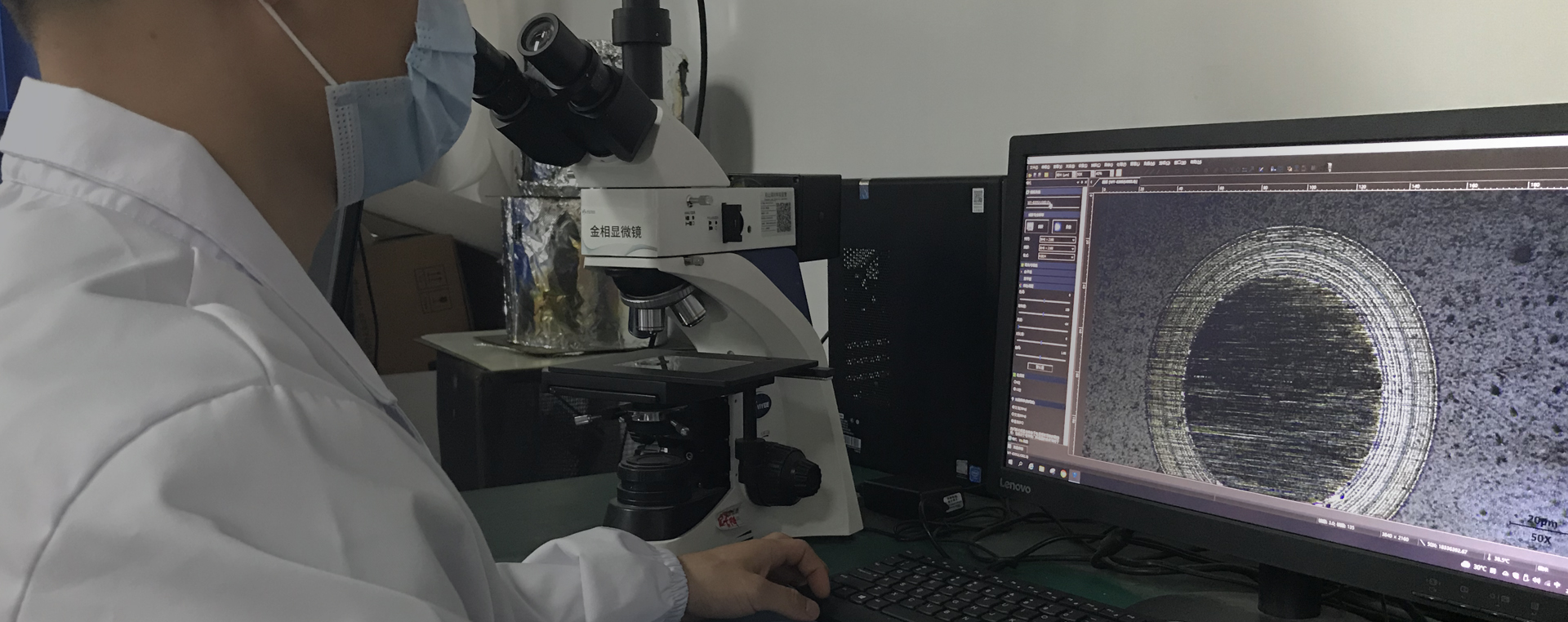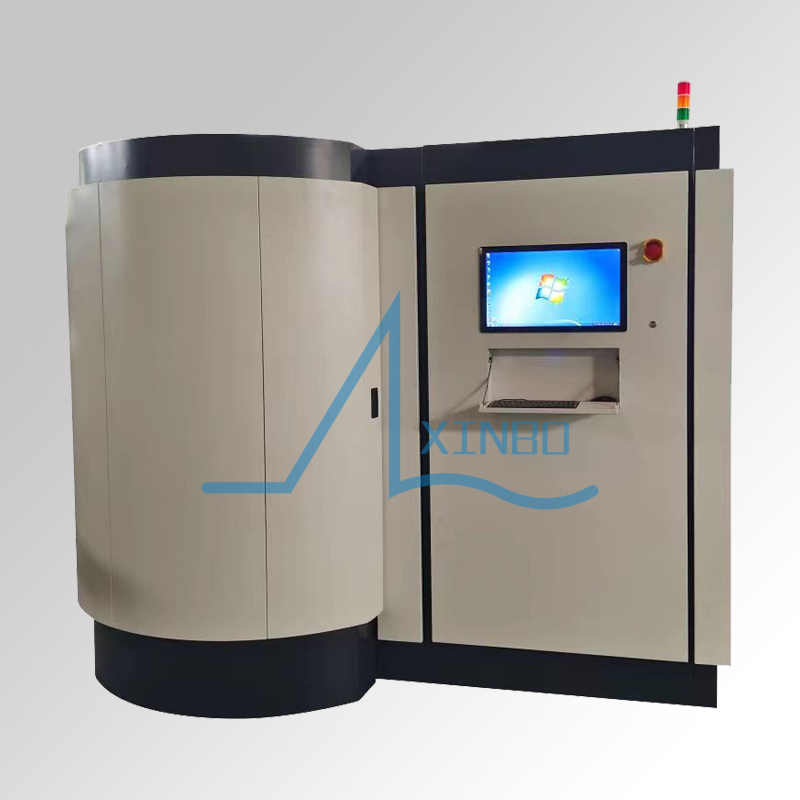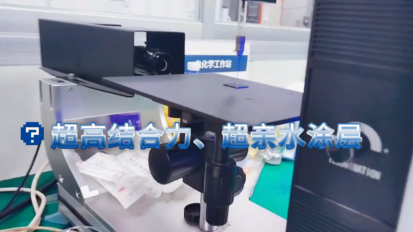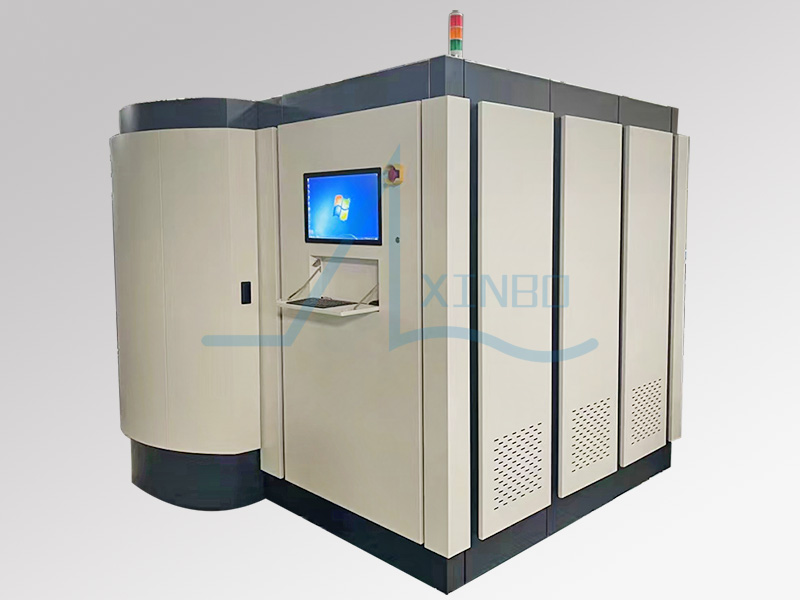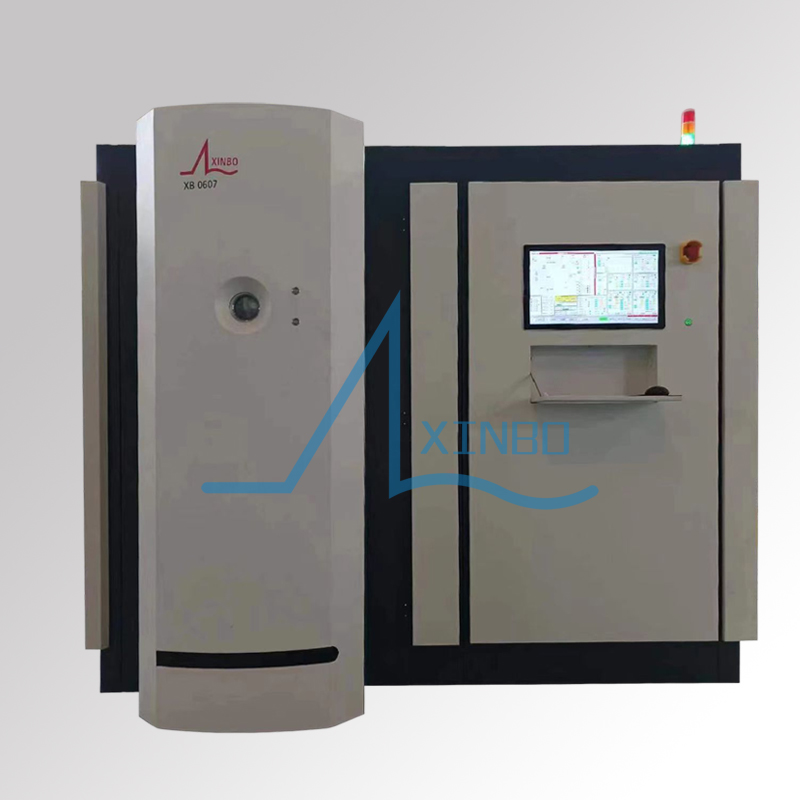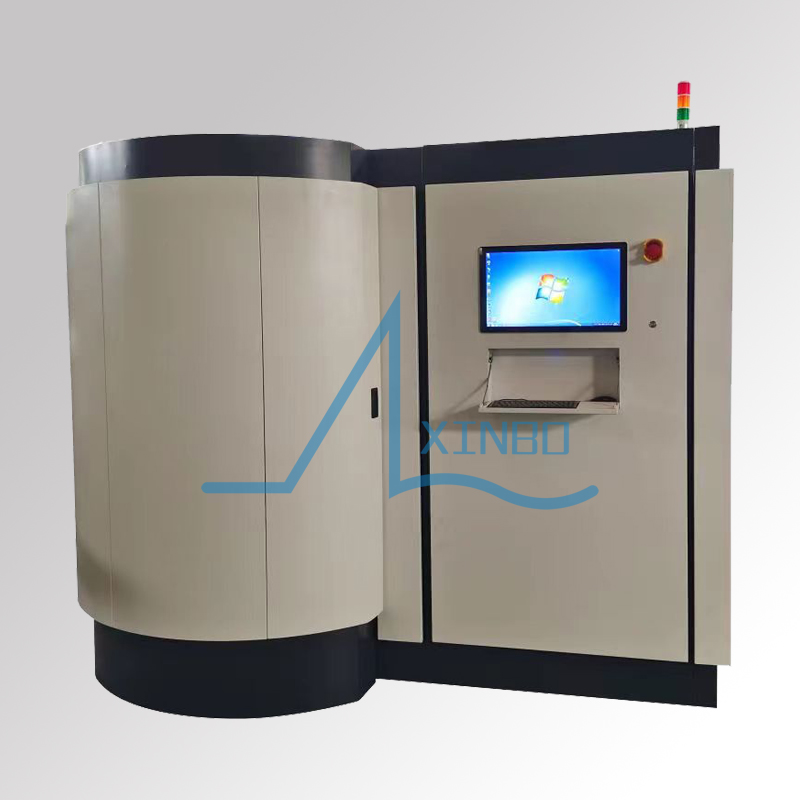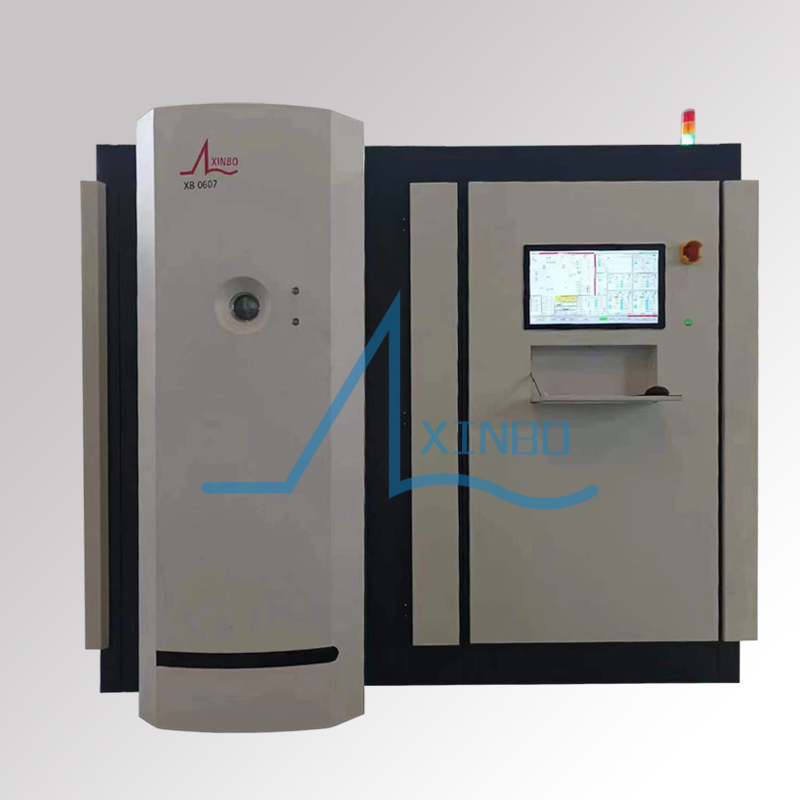How is the measurement and control of film thickness achieved in vacuum coating technology?
In vacuum coating technology,measuring and controlling the thickness of the film is a key step in ensuring the quality of the coating.
1、Measurement method for film thickness
How to control and optimize vacuum coating parameters to achieve better results
The temperature of the evaporation source is a key parameter.For different coating materials,there are specific evaporation temperature ranges.If aluminum metal is evaporated,the temperature is generally between 1200-1400℃.
The influence of coating material characteristics on coating effect
In the coating process,the characteristics of the coating material have a crucial impact on the coating effect.
Characteristics and advantages of different coating equipment
In the coating process,different coating equipment has their own unique characteristics and advantages.
How to control the microstructure of thin films during the deposition process using HIPiMS technology
HIPiMS technology can effectively regulate the microstructure of thin films during the deposition process by controlling a series of process parameters. These parameters include but are not limited to power, pulse frequency, gas pressure, substrate temperature, etc. The following is a detailed explanation:
Can HiPIMS power supply deposit oxides
HiPIMS (High Power Impulse Magnetron Sputtering) is a thin film deposition technique that utilizes high-density plasma generated by a high-frequency pulse power source for material sputtering deposition.
Difference between vacuum coating and electroplating
Vacuum coating and electroplating, as two common surface treatment technologies, differ significantly in a number of ways. The following is a detailed description of the differences between the two:
Vacuum deposition process flow
Vacuum deposition is a common surface treatment process, which is often used to manufacture optical lenses, solar panels, LED and other products. The main process includes the following steps:
 18922924269
18922924269
